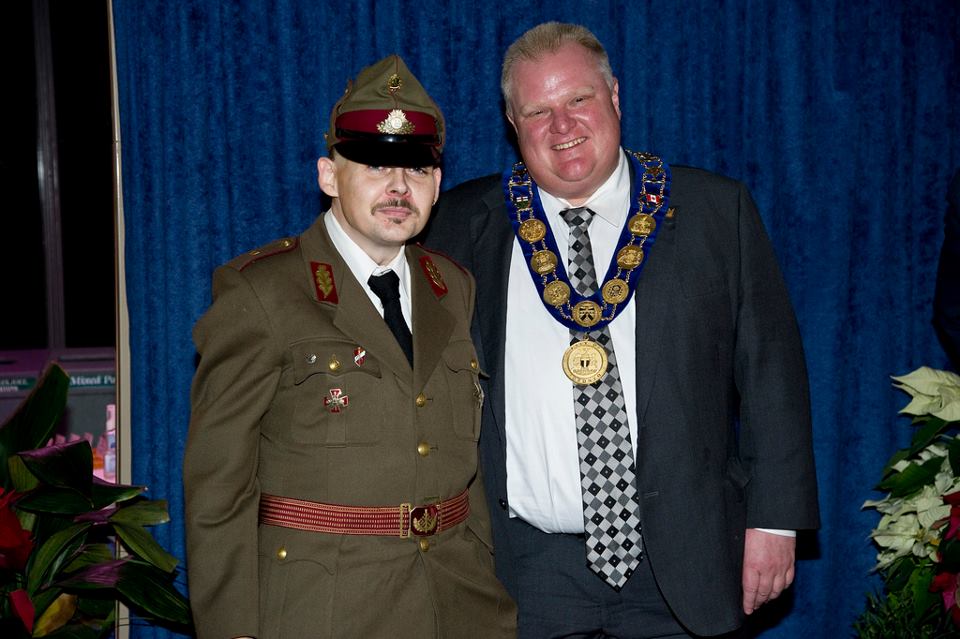By Karen Nickel
Special to the Dialog
George Brown College’s Disability & Deaf Services office is located on the fifth floor of St. James campus in room 582C; a fact I thought was peculiar given accessibility, but I after I went there I realized it was a matter of space. It could be my perception but there seems to be more space as each floor you go up.
Disability & Deaf Services provide students with disabilities the tools and skills to achieve success in their studies. They provide accommodations for students such as: note takers; sign language interpretation; tutoring; adaptive technologies like recorders for lectures; they work with instructors so the course load is more manageable for the student; provide online textbooks to make them more readable. They also assist students in developing strategies for learning and they can step in and speak with instructors.
I have a condition that affects my ability to study from time to time, but I have never gone to ask for assistance so my knowledge of how services work is lacking. To learn more I went to my classmate Liz MacDougall, a woman with cerebral palsy, who uses the college’s services. She was incredibly gracious in giving me her time and answering my questions.
Karen Nickel: What is your biggest obstacle regarding disability issues here at George Brown?
Liz MacDougall: Often one elevator is not working. With the small size of them and so many students using them they are often overcrowded. As a result, people with disabilities can not get in. This is also a result of students who are “able bodies” often pushing their way past people with disabilities.
KN: What is George Brown doing right about disability issues?
LM: They have a Disability Services office, with staff who are fairly knowledgeable about various disabilities, although some of them need to be more competent in their jobs. They do provide services with staff to help people. It is good that they have staff that are knowledgeable in a variety of areas such as intake coordinators, consultants, learning strategists, and adaptive technologists. Although I do not use the Deaf and hard-of-hearing services, it is good that they provide these services.
KN: Are you involved with the Disability Pride movement? If so, how?
LM: I am involved in various groups that promote progressiveness for people with disabilities, and ones that lobby the government for change. When it comes to the Pride march. No. Not in the “Pride march” which is in it second year. My partner and I intended to go, as we are both passionate about the Disability Pride movement, however on the day of the march each of us had something that came up.
I have not seen or heard anything regarding George Brown’s involvement in this. For example, neither from Disability Services or postings around the college, saying they support this and encouraging people to become involved.
KN: Would you go to future Disability Pride Marches?
LM: Well, considering I have not been to the two ones that have taken place, yes, I will.
KN:What is one thing you would like people to know about your disability and your studies here?
LM: Although I have cerebral palsy and attention deficit disorder, I do not think I am “disabled” in regards that I am incompetent, or not apt and able in regards to my studies here. Also, I do not think of myself as a victim, or that I should get “special privileges”.
MacDougall is in her last year of part time studies in the assaulted women and children counsellor/ advocate program.
Related story: Disability Pride becomes annual march


